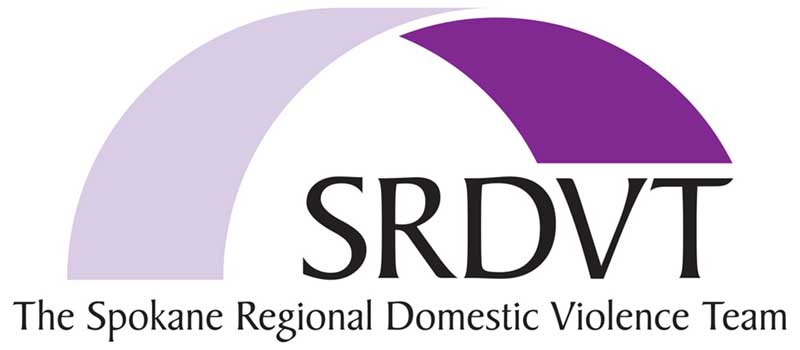Domestic Violence Support
SPD’s Domestic Violence Unit works to protect survivors and hold offenders accountable. This section explains available resources, protection orders, and how the Spokane Regional DV Team can help.
SPD Domestic Violence Unit
The Spokane Police Department Domestic Violence Unit takes an offender-focused approach to reduce and prevent domestic violence, with special attention to intimate partner violence.
Our specialized team
- Contacts suspects in jail with deterrent messaging
- Reaches out to victims to offer support and resources
- Conducts routine home visits to ensure victim safety and offender compliance
All domestic violence cases — from misdemeanor to felony — are reviewed thoroughly and referred for prosecution when appropriate.
Our Goals:
- Protect the most vulnerable from the most dangerous offenders
- Pursue focused deterrence, enforcement, and prosecution
- Reduce re-victimization and prevent additional trauma
- Decrease DV-related calls for service over time
Spokane Regional Domestic Violence Team (SRDVT)

Located at:
Family Justice Center
930 N Monroe St, Spokane, WA 99201
509.477.3656
Monday – Friday, 8:30 a.m. – 5:00 p.m.
SRDVT partners include:
- Spokane Police Department
- Spokane County Sheriff’s Office
- Spokane County Prosecutor’s Office
- YWCA Legal Advocates
Together, this team investigates DV cases, prosecutes offenders, and supports victims throughout both civil and criminal legal processes.
Orders for Protection
An Order for Protection is a court-issued civil order that prohibits an abusive person from contacting, harassing, or harming you. It can:
- Order the abuser to stop violent or threatening behavior
- Prohibit contact via phone, social media, in person, or through third parties
- Provide access to essential property like your home, car, or pet
Orders cannot establish child support, alimony, or permanent custody.
Filing an Order for Protection
You will first request a Temporary Order for Protection, which may be granted the same day. A follow-up hearing is scheduled within about two weeks.
Where to File
- Spokane County Superior Court (if minor children are involved or you're seeking exclusive residence):
Room 300, 1116 W Broadway Ave - Spokane County District Court (if no shared children or residence):
Public Safety Building, 1100 W Mallon Ave (paperwork at Window 6–8)
Legal advocates at the YWCA (930 N Monroe St) can help you complete the paperwork and navigate the court process.
Know the Number
Emergency Services
Situations requiring IMMEDIATE ASSISTANCE from Police, Fire or ambulance: call 911
Mental Health Crisis
Situations requiring IMMEDIATE ASSISTANCE by phone from trained mental health counselors: call 988
Crime Check
Non-emergency police services: call 509.456.2233 to report crimes no longer in process or submit crime tips.
Crime Check Online Reporting also available.
City Services
Non-emergency reporting of potholes, graffiti, or unlawful camping, utility billing, and general information on city services: call 311 or report online
Social Services
Social services and community resources like housing, food, and employment help: call 211
For general police email contact:
SPDWebMail@spokanepolice.org

